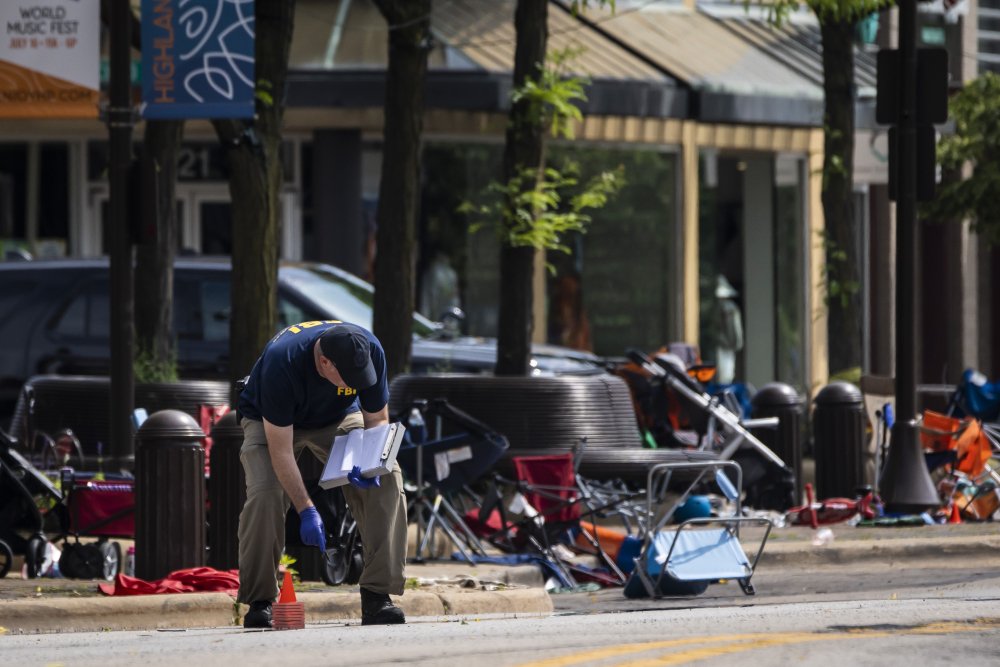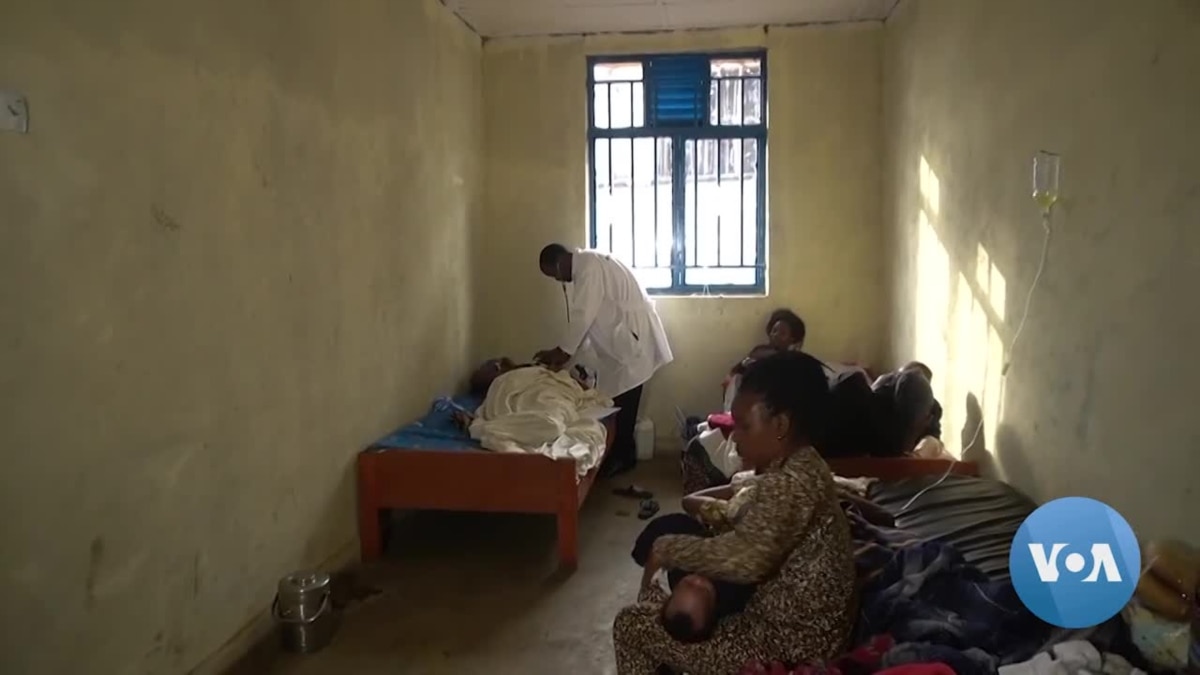[ad_1]
In the wake of yet another mass shooting over the holiday weekend, Maine medical professionals have reiterated their call to treat gun violence as a “major public health concern.”
In an open letter signed on behalf of the Maine Psychological Association, President Jamie Pratt wrote that “action is needed now more than ever to protect our children and communities.”
The MePA is a professional organization representing more than 600 psychologists and psychological examiners in Maine, according to its website.
“The Maine Psychological Association, an organization whose mission is to advance psychology as a science, as a profession and as a means of promoting human welfare, urges the adoption of a comprehensive public health approach informed by science to prevent gun violence,” Pratt, a practicing psychologist and chairman of the Educational and School Psychology Department at the University of Southern Maine, said.
The letter was originally published in the Bangor Daily News just days before a mass shooting at an Independence Day parade in Highland Park, Illinois, left seven people dead. MePA Executive Director Amy Safford reshared the letter with members of the media Wednesday.
Gun violence is an “epidemic,” Dr. Jeff Barkin, president of the Maine Medical Association, said in an interview Wednesday, the ramifications of which reverberate throughout a community and beyond the people directly impacted.
In his practice as a psychiatrist, Barkin said he hears all the time how current events are affecting his patients. Throughout COVID, for example, people were afraid of getting COVID, he said. When the war in Ukraine started, “people were afraid of obliteration.”
“And now I’m seeing a shift to basic safety, civility, fear for oneself and family in public settings,” he said.
He said several patients told him prior to the holiday weekend that they planned to “take a pass on attending a large event” because of these concerns.
“So, yeah, this changes people’s perception of safety and therefore, how they’re going to act,” he said.
Barkin said he’s seen how gun violence is also leaving its mark on the health care workers who treat victims of mass shootings through conversations with emergency department doctors and trauma surgeons from other states.
“The thing that each of them says is that the damage that these high-power guns do is beyond anything that most people can comprehend. That they destroy the tissue, they shatter the bones, they cause organ damage that is like a bomb, not a hole,” he said.
“And if people understood that, rather than engaged in the politics here, (there) may be more of a desire to not have so many of these dangerous guns around,” he said.
From his position as a psychiatrist and president of a medical society, Barkin said he would like to see limits to military-style rifles and high-capacity magazines, a background check requirement and an age limit of 25 years or older to purchase a gun.
Auto insurance rates, for example, are higher for individuals under the age of 25, especially men, because statistically they are more likely to get into accidents, Barkin said.
The frontal lobe, which controls executive functioning, judgment, impulse control and more, is not fully developed until the age of 25. Late teens and early 20s is also the time when individuals with psychiatric disorders most commonly begin exhibiting symptoms, Barkin said.
“So, by making guns that have high-capacity magazines and can shoot very fast, a large number of bullets, (available) to this specific demographic, seems quite unsafe,” he said.
That said, however, in Maine, as in the rest of the country, the vast majority of gun deaths are suicides, a trend that worries Barkin and gun safety advocates.
According to the Maine Center for Disease Control and Prevention’s report to the Legislature earlier this year, 85% of gun deaths in Maine in 2020 were ruled suicides and nearly three out of every five suicide deaths were by firearm.
Per capita, deaths by self-inflicted gunshot wounds in Maine trends much higher than the national average.
Gun violence has long been treated as “predominantly a policing issue or criminal justice issue,” Geoff Bickford, executive director of the Maine Gun Safety Coalition, said Wednesday, but these statistics prove why “it is a public health issue.”
Not only is Maine a state “awash with guns” with almost “unfettered access” to firearms, but that the state’s demographics — older and with a high population of veterans — is the “gasoline” to the state’s high suicide rate.
According to the Maine CDC report, most of the individuals who died of a self-inflicted gunshot wound were men 45 years and older.
In addition to regulations like the ones Barkin suggested and creating a legal framework that would allow law enforcement to temporarily remove firearms from a person who may be a danger to themselves or others, commonly known as “red flag laws,” Bickford said Maine “absolutely” needs better mental health care access.
“The public health crisis is, in our case especially with suicide, it is a kind of a combination of the deaths and injuries that result from firearms in a state awash with firearms that has almost no restrictions, combined with a woefully inadequate and underfunded mental health system,” he said.
Related Stories
[ad_2]
Source link



Invalid username/password.
Please check your email to confirm and complete your registration.
Use the form below to reset your password. When you’ve submitted your account email, we will send an email with a reset code.